INTRODUCTION
When Wyoming voters head to the polls for the 2022 primary and general elections, they’ll be tasked with choosing the state’s top elected officials: governor, auditor, secretary of state, treasurer, and superintendent of public instruction. Of course, the governor’s race tends to attract the most attention — and has the greatest implications for public lands, wildlife, and environmental quality. But all five of these elected officials play an important role in shaping the future of the state and, importantly, in managing our state trust lands.
This election season, the Wyoming Outdoor Council sent brief questionnaires to all candidates who have filed to run for these five offices. We hope their responses will help keep you informed as a voter.
(Disclaimer: Surveys were sent electronically to all candidates, but not all candidates chose to participate. The answers below are the candidates’ complete responses, have not been edited in any way, and were received by the Outdoor Council’s July 29 submission deadline. If possible, the Outdoor Council will publish any additional responses that arrive prior to the Aug. 16 primary election.)
ELECTION DETAILS
The 2022 primary election will be held Tuesday, Aug. 16. Don’t forget that Wyoming voters are now required to show an I.D. when casting their ballot. If needed, you can register to vote at your polling place on the day of the election.
For more information about local races and how to vote, visit WY Vote.
candidates for statewide office*
GOVERNOR: Brent Bien (R), Mark Gordon (R), Theresa Livingston (D), James Scott Quick (R), Rex Rammell (R), Rex Wilde (D)
AUDITOR: Kristi Racines (R)
SECRETARY OF STATE: R Mark Armstrong (R), Chuck Gray (R), Tara Nethercott (R)
TREASURER: Bill Gallop (R), Curt Meier (R)
SUPERINTENDENT OF PUBLIC INSTRUCTION: Megan Degenfelder (R), Thomas Kelly (R), Sergio Maldonado (D), Brian Schroeder (R), Robert J White III (R), Jennifer Zerba (R)
* We only received responses from the candidates listed above with links (in blue). To read their responses, click their name or scroll down.
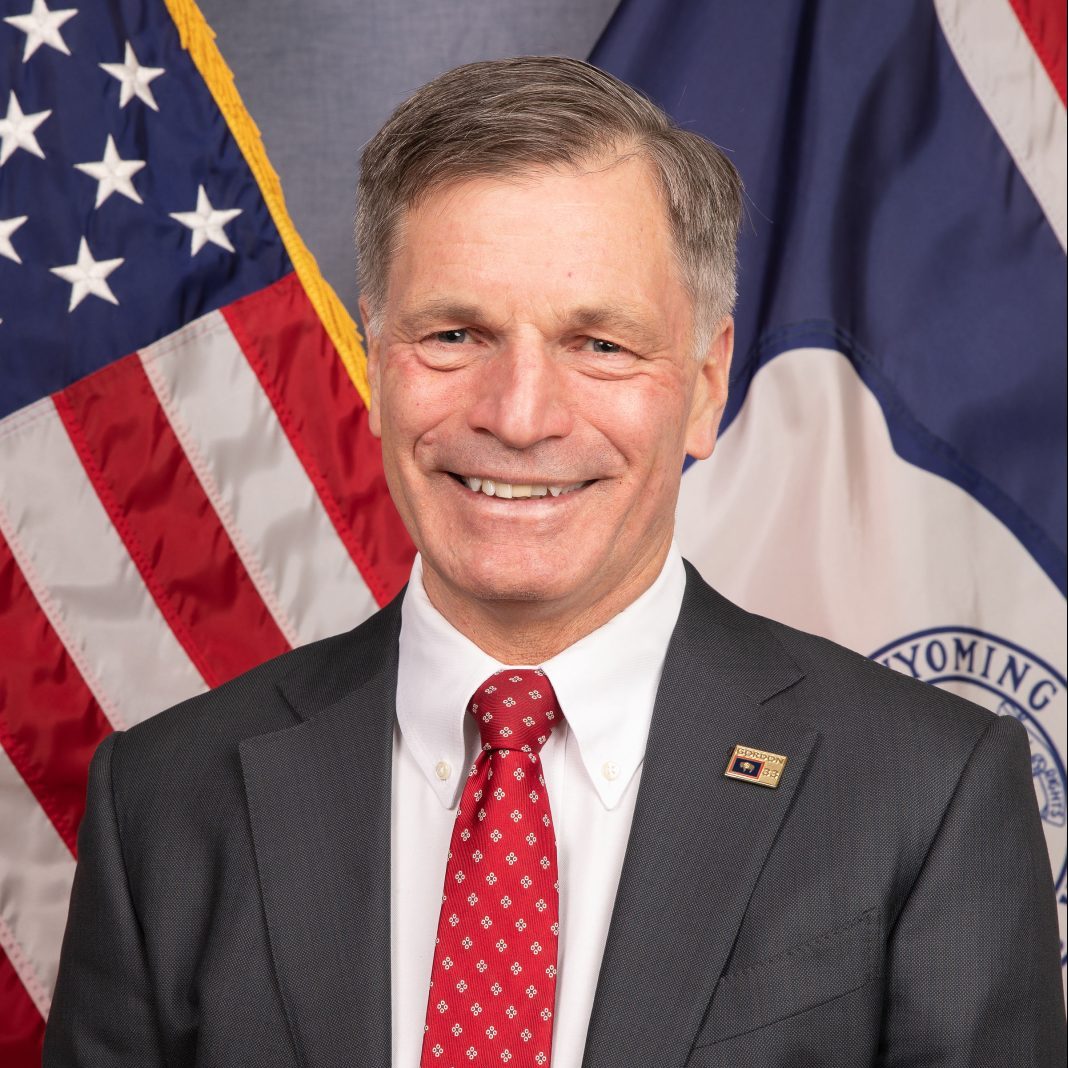
Mark GORDON
Governor
What are your thoughts about renewable and low carbon energy development in Wyoming — in particular wind, solar, and nuclear — and the role they should play in Wyoming’s energy and economic future?
Be it oil, gas, coal, uranium or wind, when it comes to natural resources, Wyoming has it all. As a lifelong conservative, I believe strongly that the market should pick winners and losers when it comes to energy sources — not government. I have led 26 Republican Governors in an all-of-the-above energy strategy which will make America energy independent again and restore our economy.
I see renewables like solar and wind as an additive to our energy economy, not a detractor, however, to really unleash Wyoming’s energy potential, we must address transmission capacity, and the lengthy regulatory process that accompanies infrastructure development. Wyoming has seen companies working on permitting for more than a decade. This is unacceptable and counterproductive to growing our economy and promoting our natural resources.
What do you envision as the future of the big game migration corridor executive order, and what steps would you take regarding the designation and management of migration corridors?
Wyoming’s wildlife is second to none and a storied part of our heritage and way of life. Preserving and managing wildlife migration corridors is not only our duty as citizens, but essential to protecting our tourism economy. As Governor, I will continue my work with Wyoming Game & Fish as the Commission considers additional designations and management of all critical habitats. I believe a state-led approach will ensure Wyoming can effectively manage this habitat while striking an appropriate balance with development.
What steps, if any, would you take as governor to address climate change impacts to Wyoming, especially water and wildfire?
I have been very active in working with the Legislature and our Congressional Delegation to prepare as much as possible for wildfires and drought. The State now has a $20 million contingency fund for fighting wildfires. I’ve also worked with the Legislature to add additional ‘Good Neighbor Authority’ positions at State Forestry, which allows the State to partner with the U.S. Forest Service to promote healthy forests.
As we work to protect our water rights, I have established a working group on the Colorado River Compact and added more staff with the Attorney General and State Engineer offices. I have also upgraded water storage and irrigation infrastructure and teamed with the Legislature and Congressional Delegation to fund it.
How should Wyoming’s executive branch communicate with tribal governments around natural resources, energy, and other policy matters?
I have advocated for the Tribal Liaisons to facilitate communication between the Tribes and the executive branch. This is working, and I will continue to find ways for my office to work with the Tribal Business Councils. I am particularly proud of my work with the Tribes and legislators in establishing programs and awareness of murdered, missing and exploited indigenous people.
Wyoming’s state lands raise revenue for our schools while also providing opportunities to the public to hunt, fish, and recreate, as well as supporting critical wildlife habitat in some areas. How do you think the state should balance these needs?
As a lifelong sportsman, maintaining and improving public access and multiple-use while protecting private property rights is essential. I oppose large scale federal land transfers, especially when no consultation and partnership with state and local governments are part of the process. However, I am in favor of efforts to allow for more state control over federal land management and ensuring local stakeholders have a voice in the process. Wyoming cannot afford to lose out on the rapidly expanding outdoor recreation industry by losing important public access to our lands, waters and scenic vistas.
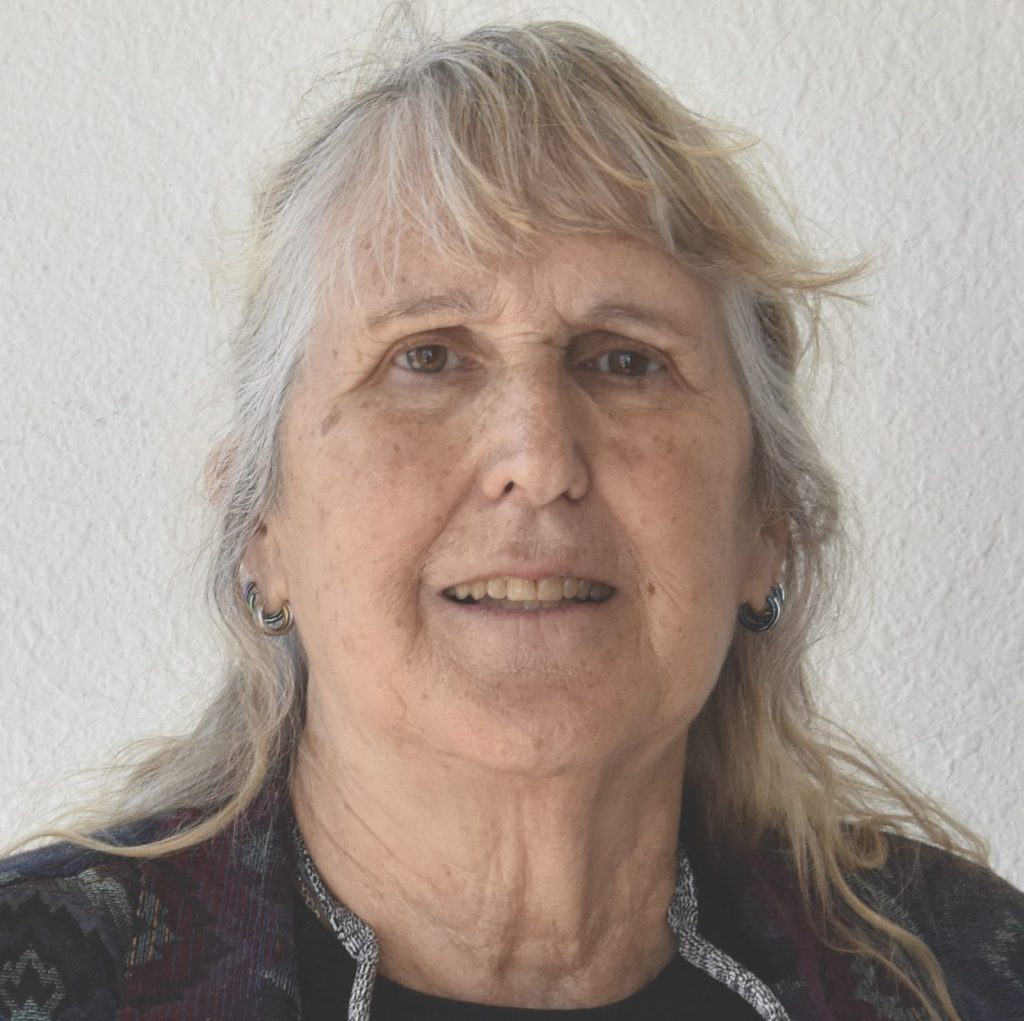
Theresa Livingston
Governor
What are your thoughts about renewable and low carbon energy development in Wyoming — in particular wind, solar, and nuclear — and the role they should play in Wyoming’s energy and economic future?
Yes, we need more renewable & low-carbon energy. Wind and solar are good for Wyoming. Nuclear power is the second-largest source of low-carbon electricity, with 452 operating reactors providing 10% of the global electricity supply. The atomic reactors built now are much safer than those made in the 60s and 70s. Many of the world’s reactors are the same, so it is easier to fix potential problems. Used rods are stored in cooling tanks for many years and reused. After reusing the rods, there is almost no radioactive material left. So nuclear power has come a long way from the past. We need to stop being so afraid of change.
What do you envision as the future of the big game migration corridor executive order, and what steps would you take regarding the designation and management of migration corridors?
I would encourage all the agencies, both state and federal, to work together with the ranchers so these majestic animals will be able to migrate. Corridor management is good for hunters, the land, and tourism in Wyoming.
What steps, if any, would you take as governor to address climate change impacts to Wyoming, especially water and wildfire?
Climate change is real. We all need to work on this together. Water is life. We need to conserve it. Maybe fewer lawns in the towns so we can have more water for animals and crops. Perhaps a group of young people working on our water issue will come up with new solutions. Fire is another worry. The fires we have now are bigger and hotter. I have worked with fire people. All the fire agencies in this state work well together in Wyoming. We need to educate all our residents & visitors to be fire conscious. People start too many fires. Pulling your car over to the side of the road could start a cheatgrass fire. Cheatgrass is highly flammable.
How should Wyoming’s executive branch communicate with tribal governments around natural resources, energy, and other policy matters?
We should go to them in person. We should learn more about what they need & want for their land. These people are amazing. We should honor them by attending their activities. Education of non-tribal people could go a long way in building bridges with tribal governments. I recently visited their schools. It was a great experience. Thier educators are amazing people. It’s time to work on some new ways.
Wyoming’s state lands raise revenue for our schools while also providing opportunities to the public to hunt, fish, and recreate, as well as supporting critical wildlife habitat in some areas. How do you think the state should balance these needs?
We must go back and reassess these lands and ensure we are using them in the best way possible. Multiple uses work. We should talk to the people and find out how they want these lands used. It seems like we have forgotten how to have a good debate.
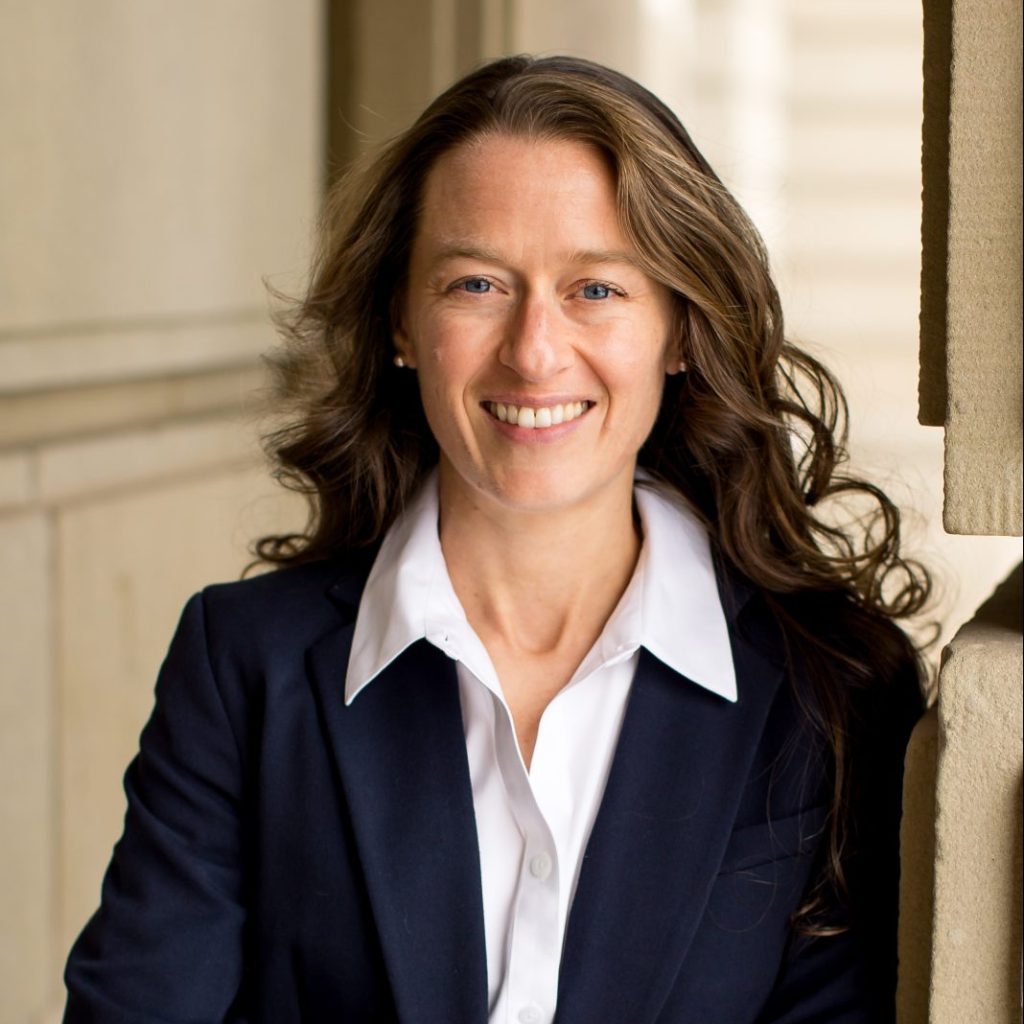
Kristi Racines
State Auditor
What are your thoughts about renewable and low carbon energy development in Wyoming — in particular wind, solar, and nuclear — and the role they should play in Wyoming’s energy and economic future?
There is no such thing as no-impact energy, and it is important that we continue to examine both short- and long-term consequences and opportunities of these sources as we move forward. I believe in an all-of-the-above strategy, and our state lands will continue to play an important role. When pursuing wind and solar in particular, impact on wildlife, other mineral development, and other competing uses must be considered.
How should Wyoming’s executive branch communicate with tribal governments around natural resources, energy, and other policy matters?
Early, often, robustly, openly, collaboratively, respectfully. Period.
Wyoming’s state lands raise revenue for our schools while also providing opportunities to the public to hunt, fish, and recreate, as well as supporting critical wildlife habitat in some areas. How do you think the state should balance these needs?
It should be just that — a balance. And balance requires active maintenance — it often sways to one side or the other, but we have to remember everything at stake from various perspectives. As an avid hunter and outdoorswoman, the recreational value of our public lands is not lost on me. From my first antelope years ago, to my first moose last fall, to my daughter’s first harvest last year — these are the reasons I live here. In addition, the economic value already provided by recreation, and the additional potential therefore, is immense for many communities across the state. My children and I have benefited just as much from free, high quality education paid for by our extractive industries and state lands. Effective and responsible multiple use of lands is a must, as is exploring new land uses and industries to broaden our income stream. This doesn’t always mean the highest dollar option, but what is best for Wyoming in the long term. We should tread carefully when we talk about monetizing recreational use on state lands, but these are conversations we should have.

Tara Nethercott
Secretary of State
What are your thoughts about renewable and low carbon energy development in Wyoming — in particular wind, solar, and nuclear — and the role they should play in Wyoming’s energy and economic future?
I support all forms of energy development in Wyoming. Wyoming is a leader on energy production. Wyoming must continue to lead on this front, as the global marketplace demands more energy from different sources. It will be important for Wyoming to continue to balance responsible development in the least restrictive regulatory environment.
How should Wyoming’s executive branch communicate with tribal governments around natural resources, energy, and other policy matters?
Wyoming’s executive branch must continue to communicate with tribal governments both within and outside of our borders. Natural resources and energy production is both a national and international conversation that requires a focused commitment from all governments to ensure that people have access to reliable energy while preserving the sanctity of our lands.
Wyoming’s state lands raise revenue for our schools while also providing opportunities to the public to hunt, fish, and recreate, as well as supporting critical wildlife habitat in some areas. How do you think the state should balance these needs?
The only way the State can thoughtfully balance these needs is through stakeholder engagement to ensure that State leaders have accurate, reliable information evaluating potential risks and outcomes. Only with robust and accurate information from subject matter experts can a cost/benefit analysis be conducted in order to balance the duty to raise revenue for schools.

Megan Degenfelder
Superintendent of Public Instruction
What are your thoughts about renewable and low carbon energy development in Wyoming — in particular wind, solar, and nuclear — and the role they should play in Wyoming’s energy and economic future?
I have always supported an “all of the above” energy policy for the United States and Wyoming. What is most important is that every person has access to affordable, reliable energy. Oil, gas and coal have historically been the most stable providers of reliable energy. With the addition of wind, solar and nuclear to the Wyoming portfolio, there must also be support for the sourcing of material required for these alternatives, particularly rare earth elements (REE). Currently many of our REE are mined, and more importantly processed, in countries that are adversary to the United States. I believe there is an opportunity for Wyoming to take a leadership role in safe and environmentally sound production of REE. Additions to our energy portfolio will also ideally provide tax revenue to offset that which may be lost if the traditional energy sources do not maintain their current levels of production, so that we can all maintain our great standard of living in Wyoming.
How should Wyoming’s executive branch communicate with tribal governments around natural resources, energy, and other policy matters?
The state executive branch treats tribal lands as sovereign lands and the Tribes have councils that govern management of those lands. Continual communication and understanding of that autonomy is key.
Wyoming’s state lands raise revenue for our schools while also providing opportunities to the public to hunt, fish, and recreate, as well as supporting critical wildlife habitat in some areas. How do you think the state should balance these needs?
As said many times, state lands are not public lands in the same sense as federal lands. A fiduciary exists and the State Land Board must continually balance multiple use on state lands and maximizing revenue as well as sustainability. I am a lifelong Wyoming sportswoman, having hunted many species of big game and birds, fished many streams and lakes and climbed some of the greatest peaks in Wyoming and the world. I firmly believe there are ways state lands can provide recreational value to citizens and meet wildlife needs, while meeting the previously mentioned fiduciary.
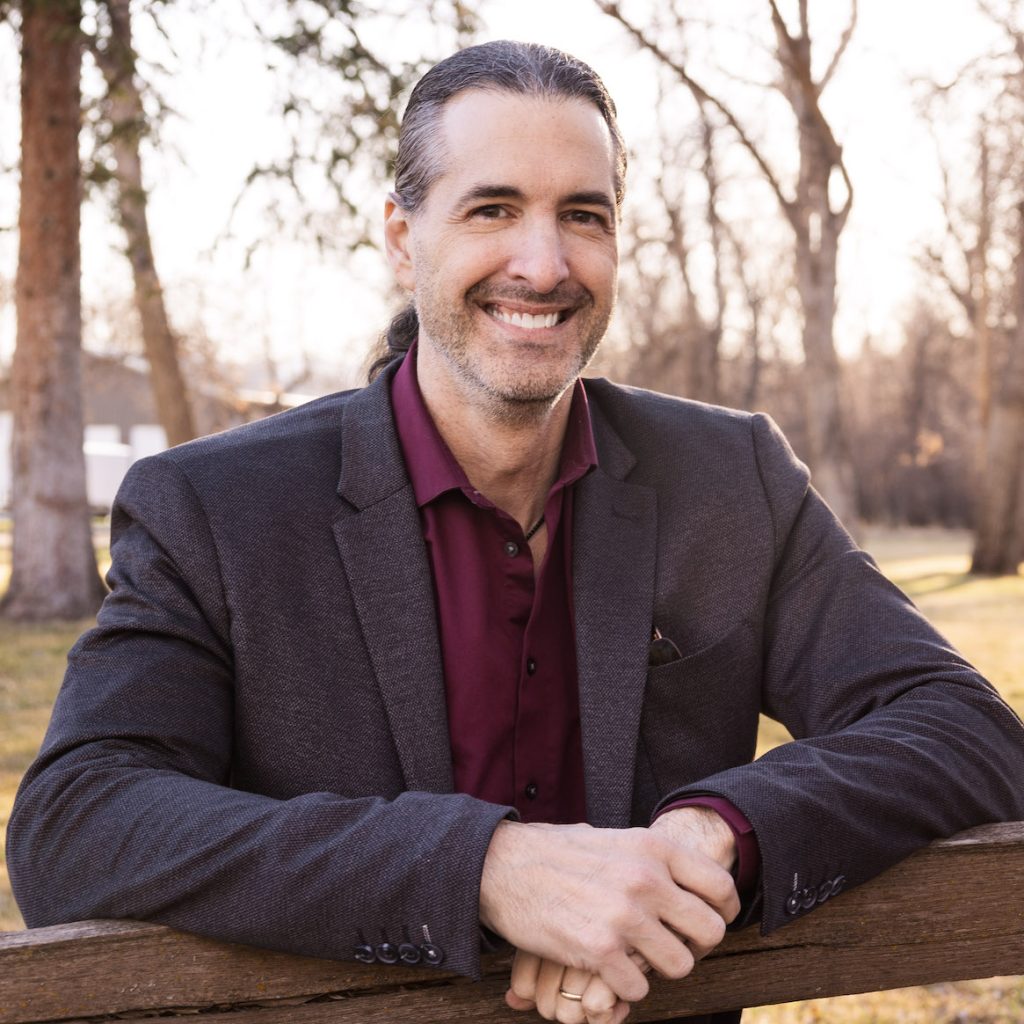
Note: Thomas Kelly announced Monday, Aug. 1 that he is withdrawing from the race.
Thomas Kelly
Superintendent of Public Instruction
What are your thoughts about renewable and low carbon energy development in Wyoming — in particular wind, solar, and nuclear — and the role they should play in Wyoming’s energy and economic future?
Wind and solar should play whatever role the energy market directs them. Both are unreliable sources of energy, but if energy companies and private investment see an opportunity, the state should make investment easy in them. If they can’t survive without government subsidies, then there’s no place for them. Nuclear power can be useful, but not if outside actors build in Wyoming, but hire from outside Wyoming and send the electricity outside Wyoming. We shouldn’t be a power plant for states that have regulated their own energy production into crisis, like California.
How should Wyoming’s executive branch communicate with tribal governments around natural resources, energy, and other policy matters?
All communication from the executive branch should be honest, transparent, and direct regardless of the recipient. The state should always consult residents of lands affected by state decisions regardless of their status as part of a native tribe or not.
Wyoming’s state lands raise revenue for our schools while also providing opportunities to the public to hunt, fish, and recreate, as well as supporting critical wildlife habitat in some areas. How do you think the state should balance these needs?
The state should maximize revenues while preserving the lands. The primary goal of the state lands is to raise revenue for education, so decisions should always be made with that as a long term goal. Short-term gains that might damage or alter lands should be avoided. Such decisions not only ruin the lands for public use, but they produce fewer revenues in the long term if land is left unusable.
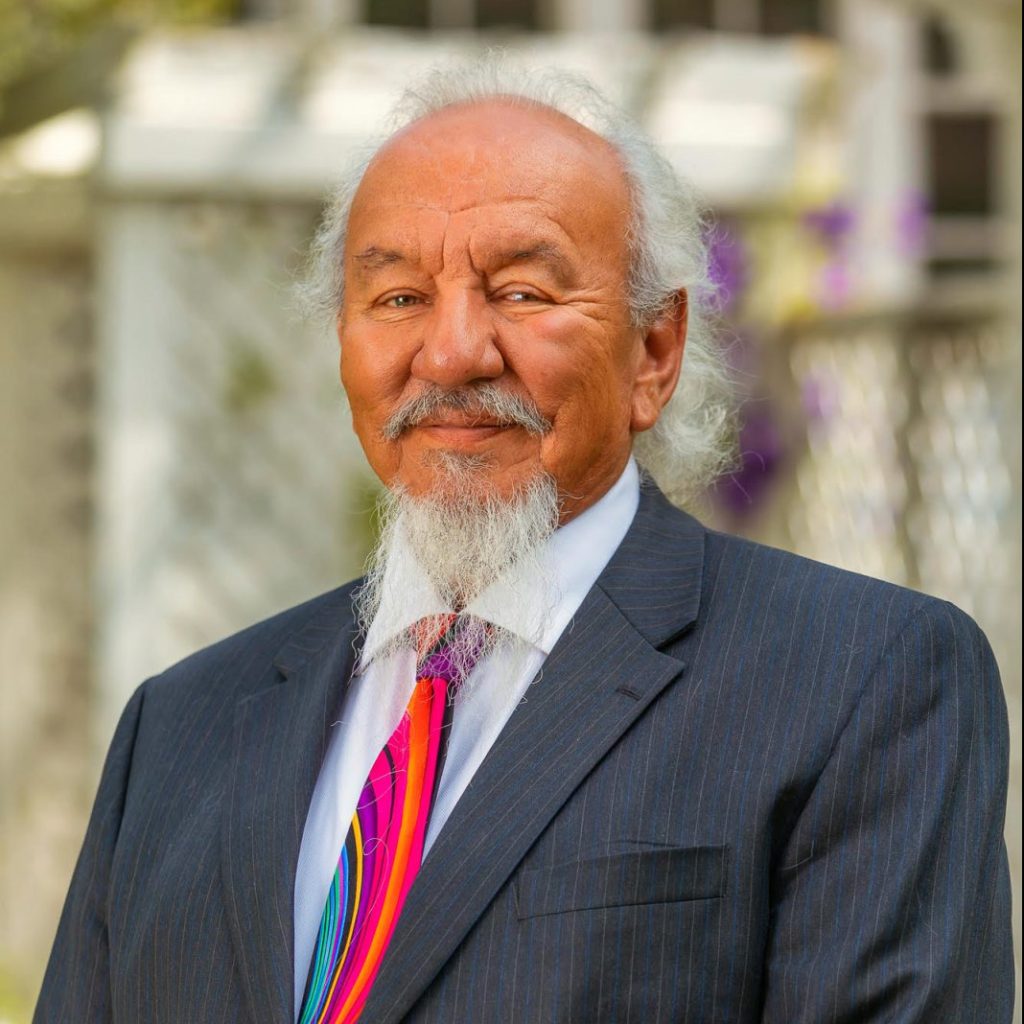
Sergio Maldonado
Superintendent of Public Instruction
What are your thoughts about renewable and low carbon energy development in Wyoming — in particular wind, solar, and nuclear — and the role they should play in Wyoming’s energy and economic future?
Renewable and low carbon energy development are in sync with contemporary Native American philosophies that pervade thousands of years of an ongoing relationship with earth. As a member of the Northern Arapaho tribe and having participated in tribal ceremonies (Lodge Ways) for the past forty-two years I have witnessed via prayer and ceremony that a spiritual relationship does exist. Albeit, tribal ways, people and all for that matter evolve. I sense that a relationship has succumbed to modernity and the notion of profit.
The role of renewable energies “should” play begs the question. That is, what can be learned from an old philosophy that embraced the natural world but has become aligned with western thinking all within the realm of this condition called modernity. Humanity’s survival is at the threshold of extinction. Tribal philosophies have always stated, the earth doesn’t need humankind as it will continue, yet humankind needs the earth.
The role and ongoing relationship between the Northern Arapaho and the Eastern Shoshone tribes is a must. Collaborative efforts and acknowledgement of the tribe’s sovereign status will determine the future success of Wyoming’s energy and economic future. Both parties should develop energy master plans that emphasize good stewardship of resources. All the while good stewardship requires a sustainable level of funding of which both tribes do not possess.
The Wind River Indian Reservation comprises 2.34 million acres of sovereign lands owned by both tribes. This is a tremendous resource and opportunity to continue economic development.
How should Wyoming’s executive branch communicate with tribal governments around natural resources, energy, and other policy matters?
The State of Wyoming will do well to acknowledge tribal sovereignty and vice a versa, as there are agreements respecting water rights between the state and the tribes. Specifically, recognition by the state of the 1998 water code recognized by the BIA and adopted by both tribes. Secondly and to a greater extent further coordination at the state agency level using WYDO’s internal policy as a model of agency recognition of tribes. The Big Horn Water Adjudication court ruling needs to be reviewed extensively as the equitable distribution of water has never been fully realized by tribal ranchers and farmers.
End analysis, MOU’s addressing specifically, signed by both tribes and the state that will ensure that both governments will work collaboratively to preserve natural resources. The Wind River Environmental Commission must be more actively engaged in communicative and collaborative processes that will emphasize “renewable and low carbon energy development in Wyoming.”
My last recollection, the Wind River Indian reservation is exactly in central Wyoming and has been since 1890.
Wyoming’s state lands raise revenue for our schools while also providing opportunities to the public to hunt, fish, and recreate, as well as supporting critical wildlife habitat in some areas. How do you think the state should balance these needs?
I recognize the vast amounts of revenue for our schools “while also providing opportunities to the public to hunt, fish, and recreate, as well as supporting critical wildlife habitat.” I will venture to say, that too many citizens are not fully aware, do not engage at a philosophical level or environmental level, lastly do not care. I beg forgiveness for being so bold, this is just what I observe, inclusive of tribal members.
Balancing the needs of all parties requires to the greatest extent possible, K-12 education at an age grade appropriate curriculum. This can be accomplished with planning and the commitment of our Wyoming schools. Our very existence hangs precariously yet education is foundational to our survival. As the Superintendent of Public Instruction, I will vigorously advocate for inclusion in our curriculums at all Wyoming schools. Wyoming’s energy and economic future will be addressed in our classrooms. I believe that with a collaborative and positive communicative effort this too can be accomplished.
The late Chief Dan George, stated in 1972, fifty years past. “It is hard for me to comprehend a culture that not only hates and fights his brothers but even attacks Nature and abuses her. Man must love all creation, or he will love none of it. Love is something you and I must have. We must have it because our spirit feeds upon it. Without love our self-esteem weakens. Without it our courage fails. Without love we can no longer look out confidently at the world. Instead, we turn inwardly and begin to feed upon our own personalities and little by little we destroy ourselves.”
